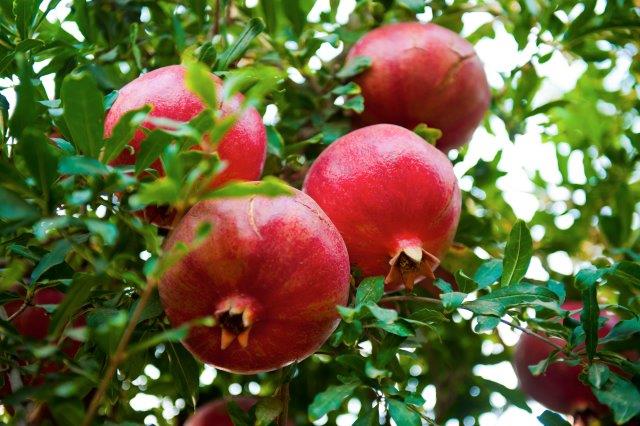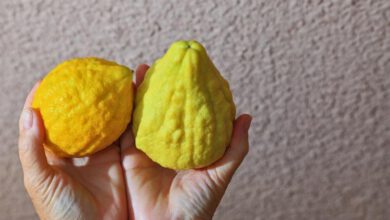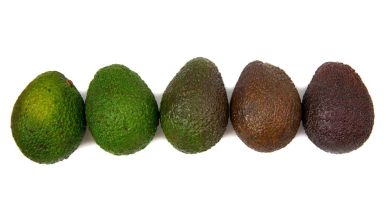Import and Export Data for Fresh Agricultural Produce
A preliminary survey of the import and export data for fresh agricultural produce in 2017

Israeli Minister of Agriculture is working tirelessly to reduce imports and increase exports for the benefit of farmers in Israel. At the same time, measures are being put in place to approve export of medicinal cannabis
The Foreign Trade Center at the Ministry of Agriculture is publishing a preliminary survey of the import and export data for fresh agricultural produce in 2017, comparing the numbers with 2015 and 2016. Among the data: fruit and vegetable exports and imports, imports of live cattle and sheep, fresh meat, cheese and fish.
What did we have in 2017 compared with 2016?
We exported more fresh fruit – there was a 15,000-ton increase (19%) in the export of the main types of fresh fruit at a total value of $330 million. Among the fruits that have seen an increase in exports are the avocado, dates, and persimmons. Grapes, pomegranates and mangos lost some ground.
We also exported more citrus than last year – there was a 3-million-crate increase in the export of fresh citrus in 2017 over 2016 (34%). Export values totaled $230 million. The fruits that saw an increase in exports included the Or, Sweetie, and white grapefruit.
Vegetables, on the other hand, we exported less – among the fresh vegetables, there was a 50,000 ton decrease (10%) in 2017 over 2016. Export value this year totaled $360 million. Among the vegetables that experienced an increase, the bell peppers, radishes and celery are noteworthy, while sweet potatoes, carrots and potatoes declined.
 | .jpg) | .jpg) |
Where does Israel export to?
An analysis of the data shows that Europe continues to be the main destination for our exports. This is true especially for fresh fruit (80% of the total exports). This is despite a reduction in the total exports to the European Union, the result mainly of marketplace competition and the decline in the value of the Euro in recent years. Additionally, citrus is the main component in our exports of fresh agricultural produce to east Asia (South Korea, Japan and China). Exports of fresh vegetables to Russia have increased and in 2017 Russia became the biggest destination market for fresh vegetable exports from Israel.
What have we been importing more of in 2017?
Mainly fish, cheeses and honey – in the fisheries sector, the upward trend of massive imports of frozen Tilapia fillets from China has continued, totaling 17,000 tons compared with 11,000 tons in previous years. This is due to the reduction of duties. Besides that, there is an increase in the imports of dry cheeses following the opening of duty-free import quotas. There has also been an increase in honey imports due to a temporary shortage in 2017.
What did we import less? Live calves and frozen meat – there has been a decline in the quantities of live beef and sheep imports in 2017 over 2016. The bulk of the cattle imports were from EU countries (Hungary and Portugal) at the expense of continued downscaling of the imports from Australia. There has also been a 10% reduction in imports of frozen meat, while fresh beef imports rose (primarily from EU countries). This has been due both due to the opening of imports from the veterinary aspects and due to a gradual and continuing increase in the quotas for fresh meat imports from all over the world.
We have also imported less onions and cucumbers – 2017 saw a significant drop in imports of fresh onions and cucumbers.
On the other hand, we have imported much more garlic – in 2017 we witnessed a substantial increase in garlic imports (mostly from China).




